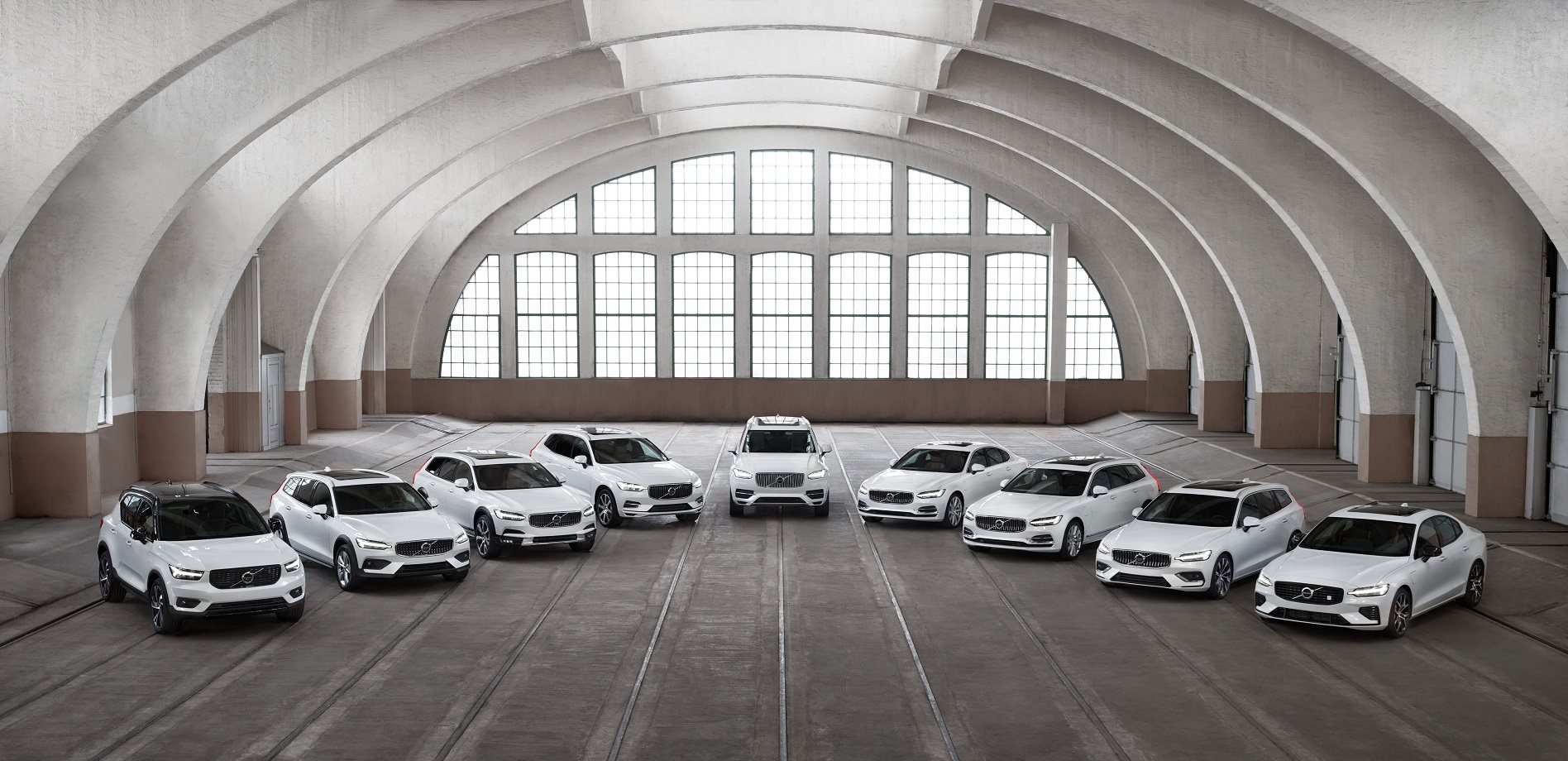
Volvo has upped the ante on its ambitions to make its cars fatality free by suggesting that all of its future models could be fitted with cameras that can detect drunk, drugged or tired drivers – and could even prevent them from driving.
The cameras could be used to monitor Volvo driver reactions and behaviours, and could even intervene to bring the car to a safe stop if required.
‘Volvo Cars believes intoxication and distraction should be addressed by installing in-car cameras and other sensors that monitor the driver and allow the car to intervene if a clearly intoxicated or distracted driver does not respond to warning signals and is risking an accident involving serious injury or death,’ reads a statement from the company.
Those warning signals could include extended periods of non-steering, eye behaviour detection and overly slow or exaggerated driver reactions, like swerving or braking.
If the car thinks that it’s being driven under the influence, it could alert assistance services, warn the driver or potentially even bring the car to a stop.
While not confirming any hard technology, the company says that it will look at adding the tech to its next generation of cars – like the XC40, XC60 and XC90 – when they are updated to a new version of its modular platform.
“When it comes to safety, our aim is to avoid accidents altogether rather than limit the impact when an accident is imminent and unavoidable,” says Volvo’s senior vice president of research and development, Henrik Green. “In this case, cameras will monitor for behaviour that may lead to serious injury or death.”
Of course, this technology already exists in many cars across the automotive spectrum, from luxury marques like Mercedes-Benz right through to more humble machines like the Ford Everest, Skoda Octavia and Holden Acadia.
Because Volvo is waiting to add the tech to the next generation of its cars, however, it gives the company the ability to more deeply integrate detection software into things like stability and traction control systems, driver aid systems like AEB and adaptive cruise control, as well as braking and steering controls.
“There are many accidents that occur as a result of intoxicated drivers,” says professor of driver behaviour at Volvo, Trent Victor. “Some people still believe that they can drive after having had a drink, and that this will not affect their capabilities. We want to ensure that people are not put in danger as a result of intoxication.”
This comes on top of Volvo’s recent announcement that it would limit the top speed of all its cars to 180km/h from 2021.



